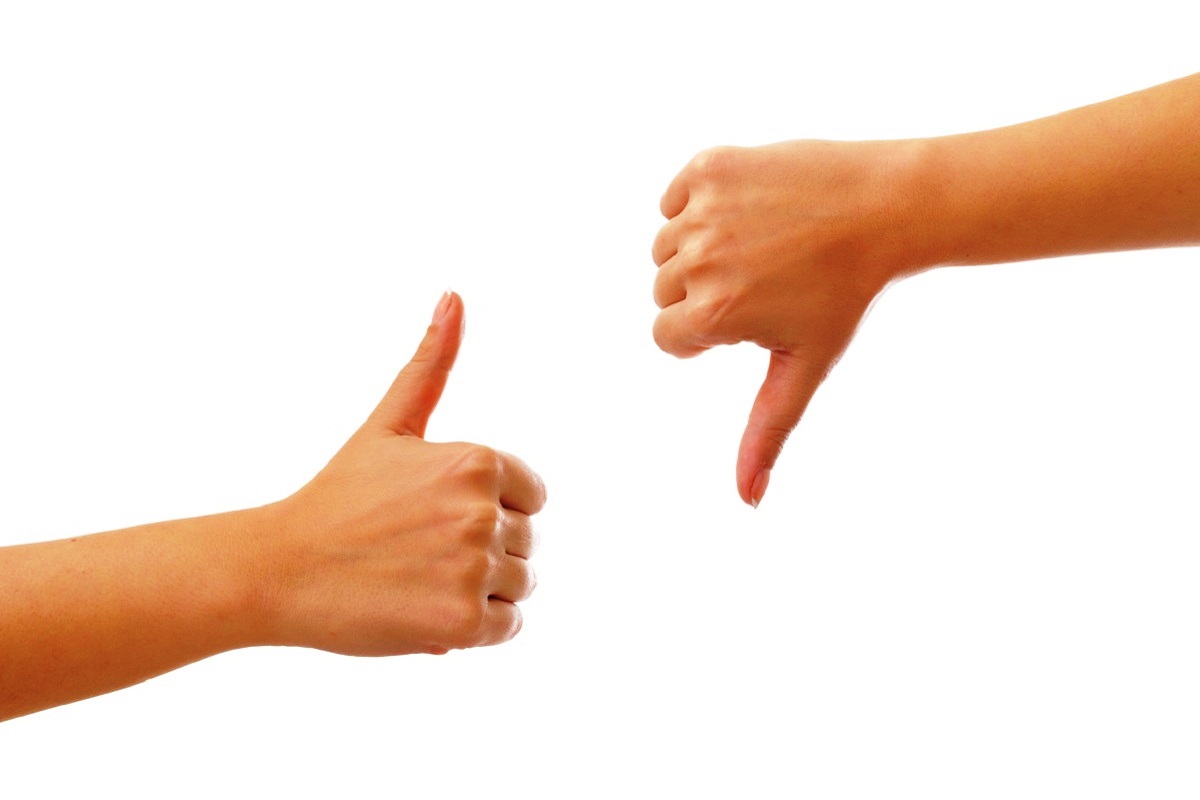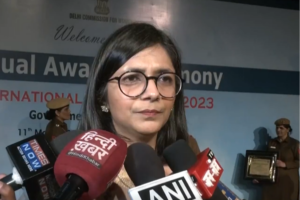We are living in a time when civility in speech has become a rare quality. Nowhere was incivility more apparent than in the latest Lok Sabha elections. It revealed a definite coarsening of the human consciousness, which was reflected in the discourteous action and speeches on the part of many. Instead of participating in a discourse that is based on long-standing and established norms of civility, many, instead, chose to engage in speech that showed disrespect, insensitivity, and belligerence towards fellow citizens.
According to the Oxford Dictionary, the word “civility” refers to formal politeness and courtesy in behaviour or speech. The word originates from civilite in old French and civilitas in Latin. In the past, the term “civility’ denoted the state of being a citizen and hence good citizenship or proper behaviour. However, the word’s association with ‘politeness’ came about in the mid-16th century. Now, civility denotes a way of addressing, involving the mutual acknowledgment and accommodation of others through our everyday communicative gestures.
Advertisement
It is actually the practice of interacting in a manner that is sensitive to the dignity of the other person. According to Immanuel Kant, to be “civil” is to show oneself as “approachable, affable, polite, hospitable, and gentle.” For Kant, civility is the “small change” in human social intercourse, which can be characterized as “agreeableness in society, considerateness, mutual love and respect (amiability and good manners).”
Thus, when we refer to civility of speech, we mean a set of conventions that permit us, according to philosopher Cheshire Calhoun, to “communicate basic moral attitudes of respect, tolerance and considerateness.” The concept of civility was clearly absent in the political discourse on both electronic and social media during this election. If you watched the news on any television channel, your ears would hurt from all the yelling that went on between the TV anchors and their guests.
The guests seemed to be more interested in attacking one another while posturing and frequently engaging in downright rude behaviour rather than attempting to participate in respectful dialogue. The political debates on social media were also bereft of decorum. Supporters of both the Congress and the BJP frequently attacked each other, viciously hurling profanities just to score a point. Some did not even have any qualms about using obscenities to express their dislike of some political leaders.
Furthermore, instead of looking for ways to find common ground or shared experiences, many individuals, especially our politicians, were busy creating a chasm in our society by engaging in an “us” versus “them” rhetoric. This kind of divisive discourse is antithetical to civility in speech. If civility disappeared from our electronic and social media during the recent Lok Sabha elections, the discourse of our political leaders was also no different.
When was the last time we saw our leaders showing respect and courtesy to their political opponents? It seems taking cheap shots at each other, which was once outside the realm of decency, has become the new norm. This sort of discourteous behaviour has not only tarnished the democratic spirit of our nation, but it has also severely damaged our system of governance. Examples of uncivil speech by Prime Minister Narendra Modi and Rahul Gandhi are not hard to find.
I am sure I am not the only one who found Mr Modi’s jibe at Mr Manmohan Singh, accusing him of conspiring with Pakistan to influence the outcome of the Gujarat Assembly elections, to be distasteful. In March this year, Mr Modi received widespread criticism when he attempted to make a dig at Mr Gandhi by mocking dyslexic students. This May, Mr Modi was caught putting his foot in his mouth yet again when he was responding to Mr Gandhi’s criticism of the Prime Minister over the Rafale deal. Mr Modi decided to bring Rajiv Gandhi into the political debate needlessly and, I must add, quite injudiciously.
He said, “Your father was termed ‘Mr Clean’ by his courtiers, but his life ended as Bhrashtachari [corrupt] No. 1.” One doesn’t need any lesson in civility to know that Mr Modi’s comment about Rajiv Gandhi was beyond the pale. It breached the time-honoured principle not to speak ill of a dead person. Rahul Gandhi was also no stranger to uncivil speech: he too engaged in discourse that was patently offensive and inappropriate when he said, “All Modis are thieves” and “Chowkidar [watchman] is a chor [thief ].” Sadly, it’s not just Mr Modi and Mr Gandhi who engaged in speech that has diminished the dignity of the offices they hold.
Several senior party officials of both the BJP and the Congress were also responsible for lowering the standards of minimum decency and etiquette in political discourse. The Chief Minister of West Bengal, Mamata Banerjee, takes the cake when it comes to using crass and vulgar language. Her predilection to use “street language,” which is frequently laced with profanities, has eroded the very standard of social decency. The days of respect, decorum and graciousness that were practised by the former political leaders of West Bengal are now a thing of the past.
Vulgar speech, coarseness, profanity, macho bravado, and threatening expressions have become the norm. Some academics have justified the use of vulgar and coarse language by some of the party members of the Trinamul Congress by explaining that power has shifted from the educated and refined bhadralok class who dominated West Bengal politics. According to them, power is now in the hands of the common people who were marginalized before.
And the members of the Trinamul Congress speak the language of the common people and not the refined language of the bhadralok politicians. There was a time, not so long ago, when this kind of crude and inappropriate speech from our political leaders would be deemed unacceptable. By no stretch of the imagination were our past leaders perfect, but they all endeavoured to practise civility in the public domain.
They would make an effort to listen to their opponents instead of savagely attacking them. They showed respect to one another even when they disagreed. Recently, I watched a video titled “What a Healthy Democracy Should Look Like,” where Atal Bieari Vajpayee was seen reminiscing about his interactions with Jawaharlal Nehru. He said: “In Parliament, I had my fair share of arguments with Nehru- Ji.
I was young and used to sit at the back. Sometimes I walked out to get a chance to speak. Slowly with time, I made a space and a name for myself…. It’s not as if there were no disagreements with Prime Minister Nehru. These disagreements often came out strongly during debates. Once I said to Pandit-Ji, ‘your personality is a mix, whereboth Churchill and Chamberlain are visible.’ Pandit-Ji didn’t get angry at all. Later in the evening, I met him at a banquet. Nehru-Ji told me, ‘You gave a rousing speech today,’ and he left laughing.
Nowadays, this kind of criticism is akin to festering enmity. People will stop talking to you…” Was Mr Vajpayee right when he hinted that the days of honest, frank, and robust political debates and discussions are over? Now that Mr Modi and his BJP party are back for the second time as triumphant winners in the 2019 parliamentary election, will the Prime Minister be more of a statesman than a politician?
Will Mr Modi lead us in cultivating a culture that values respect, tolerance, and compassion? Will he be able to discard the perception of many of his opponents that he’s a “great divider” by engaging in speech that unifies the nation and makes everyone feel respected? While Mr Modi has a critical role to play as India’s Prime Minister for another five years in establishing the norms of civility in the public sphere, we also have a responsibility to cultivate civility in our own lives by listening to others with respect and an open mind.
We do not have to agree but we must respect the right of the other persons to have their opinions.We must not forget that civility in political debates and discussions is vital for democracy. It is extremely important that we hold our politicians accountable for their behaviour. And we must not hesitate to censure them publicly if we find that they have engaged in behaviour or speech that is less than civil.
It is imperative that we stand united to reclaim civility in the public sphere, which is a critical discursive space for a smooth and effective functioning of democracy.
(The writer is professor of communication studies at Loyola Marymount University, Los Angeles)











